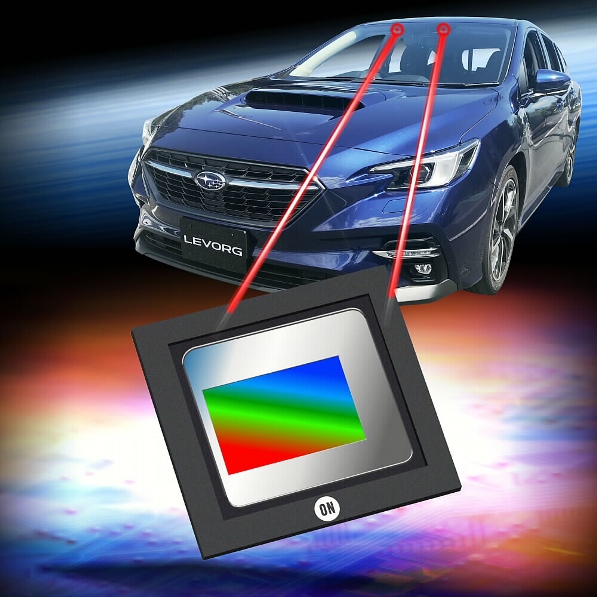Does Kortana Prop Firm offer a trading challenge? Does Kortana Prop Firm Offer a Trading Challenge? In the fast-paced wor
Think Smarter. Trade Sharper.

Welcome to Cryptos


Is Robinhood the Best Trading App?
寮曡█ Is Robinhood the best trading app? For a lot of first-time investors, yes鈥攂ecause the barrier to entry is low, the look is friendly, and the fees feel almost invisible. I remember my own morning routine: a quick check of the market on the train, a price alert ping, a fractional share bought in minutes, and a sense that I鈥檓 in control without drowning in jargon. But as you dip deeper, you鈥檒l notice tradeoffs: limited asset classes, slightly sparse chart tools, and the ongoing question of safety and reliability. This piece breaks down what Robinhood does well, where it shines in today鈥檚 web3-finance world, and where you might want to diversify your toolkit.
姝f枃閮ㄥ垎
Accessibility and user experience Robinhood nails onboarding. The app is designed for speed鈥攊nstant sign-up, a clean watchlist, and a purchase flow that doesn鈥檛 scare off the casual investor. In practice, that means more people start investing, stay curious, and learn by doing. Yet that simplicity can mask complexity: powerful charting and in-depth research tools aren鈥檛 the app鈥檚 core strength. For folks who want granular technical analysis or extended backtesting, you鈥檒l likely supplement with another platform. The trade-off is worth it for beginners who want to avoid paralysis-by-analysis.
Asset mix and trading mechanics Robinhood鈥檚 strengths lie in stocks, ETFs, options, and crypto trading. You can build a diversified, cost-conscious portfolio with fractional shares and free trades. But keep expectations: there is no direct forex trading or broad commodities futures, and indices are accessed mainly via ETFs rather than a dedicated indices market. In daily life terms, you can chase big-name growth stocks, hedge with ETFs, and use options to express views or hedge. For hardcore multi-asset diversification, you鈥檒l want to pair Robinhood with another platform that covers forex or commodities more directly.
Costs, reliability, and security The appeal is the near-zero-fee model, which lowers the fear of commission erosion when you鈥檙e starting small. Real-time quotes and basic charting keep you in the loop without overwhelming you. Reliability matters, though: outages and platform quirks have happened to various brokers, including Robinhood, which reminds us to keep funds diversified across trusted platforms and not rely on a single app during volatility spikes. Security features matter too鈥攅nable two-factor authentication, use a strong password, and review the app鈥檚 funding and withdrawal protections. Robinhood employs SIPC protection for securities and FDIC coverage for cash held in partner banks, which gives a basic safety net for routine trading.
Web3, decentralization trends, and the DeFi challenge Today鈥檚 market talks a lot about decentralization and DeFi, but Robinhood sits squarely in the centralized brokerage camp. The appeal of DeFi鈥攑ermissionless liquidity, programmable trading via smart contracts, and potential yield鈥攃ollides with real-world friction: custody risk, smart contract exploits, and regulatory uncertainty. For a typical trader, the path is to enjoy Robinhood for everyday stocks, crypto, and options, while acknowledging DeFi as a longer-term exploration with proper risk controls (hardware wallets, verified bridges, and cautious exposure). The headline is clear: crypto within a regulated, user-friendly app is compelling; DeFi鈥檚 frontier requires more safeguards before it can be a seamless substitute.
AI, smart contracts, and future trading trends AI-driven insights and smarter charting are on the horizon for mainstream apps. Expect smarter price alerts, risk analytics, and personalized learning prompts that nudge you toward prudent decisions. Smart contract trading may someday meet consumer-grade interfaces via trusted portals, enabling on-ramp access to DeFi liquidity while preserving user-friendly design. The trend favors increasing automation and smarter risk framing, but the caveat remains: models can mislead, and gas fees, slippage, and custody risk are real.
Leverage, risk management, and practical strategies Leverage isn鈥檛 the default you want to lean on in a realm this volatile. If you use margin or options, the risk compounds quickly. A practical approach is to start small, diversify, and keep a hard line on allocations. Use limit orders to control entry and exit, set price alerts, and practice prudent position sizing. Don鈥檛 rely on hype or 鈥渉ot tips鈥濃€攃ouple Robinhood鈥檚 ease with a disciplined routine: a weekly review, a fixed percentage of capital in each trade, and a plan for drawdown that happens to every trader sooner or later.
鏈潵灞曟湜涓庣粨璁? Is Robinhood the best trading app? For new investors chasing a frictionless start and affordable access to core assets, it鈥檚 hard to beat as an entry point. For folks who want a broader asset universe, deeper charting, or explicit DeFi exposure, Robinhood is a superb gateway, not the final destination. The bigger picture is momentum toward safer, smarter AI-assisted trading, and increasingly accessible DeFi features鈥攚hile the industry wrestles with custody, security, and regulation. A strong take: use Robinhood as your first step, and build from there with other tools as your experience grows.
瀹d紶璇?鍙e彿 Is Robinhood the best trading app? It can be your best stepping stone toward smarter, safer investing鈥攕tart small, learn fast, and grow with confidence. If you鈥檙e chasing approachable finance with real-world results, Robinhood stays a compelling embrace for the early chapters of your financial journey.